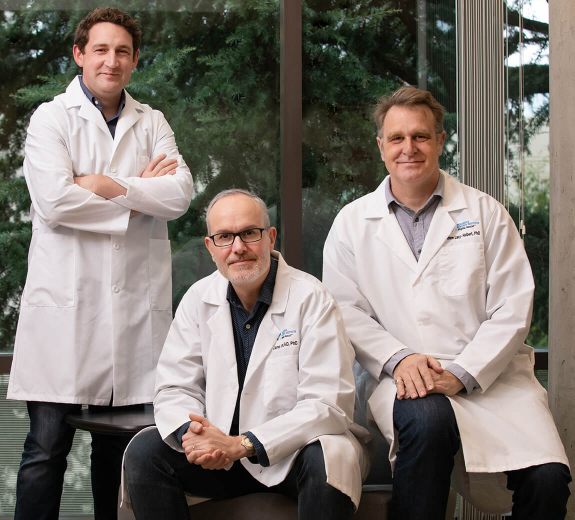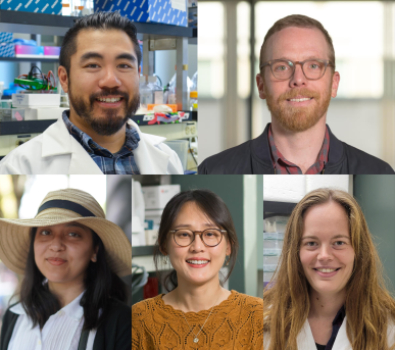From bench to bedside and back again
Scientists in the Center for Translational Immunology study blood and tissue samples from people with immune system diseases including autoimmune diseases, allergies, infectious diseases and cancer. This includes samples from people with Down syndrome, who are at a significantly higher risk of developing an autoimmune disease than the general population. We use advanced systems immunology tools to examine genes, cells and molecules involved in these diseases. Our studies aim to discover how diseases start and progress; identify biological characteristics tied to certain diseases or response to therapy; and to find new drug targets.
We often build on discoveries made by scientists in the Center for Fundamental Immunology, looking for patterns and further testing their theories in human samples. We also work with the Center for Interventional Immunology and pharmaceutical companies to examine samples from clinical trials to better understand how and why new medicines did or did not impact disease, and to collect data that leads to new therapies.

Karen Cerosaletti, PhD
Labs in the Center for Translational Immunology
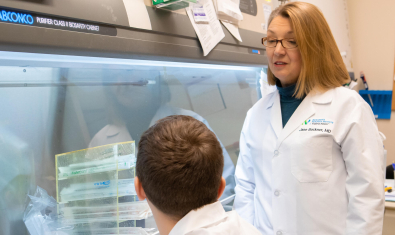
Buckner Lab
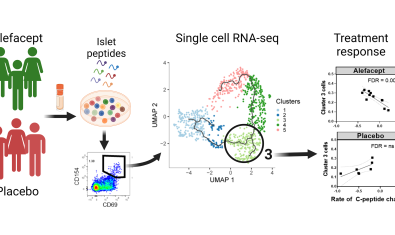
Cerosaletti Lab
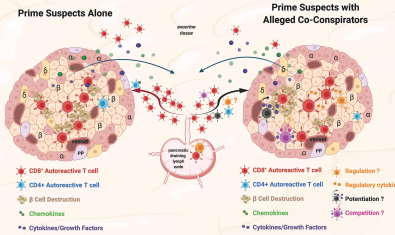
James Lab
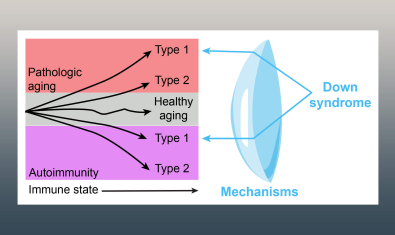
Khor Lab
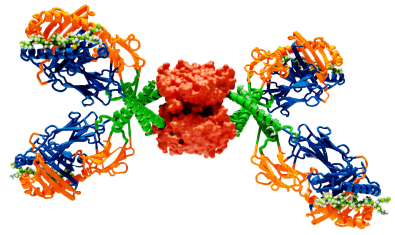
Kwok Lab
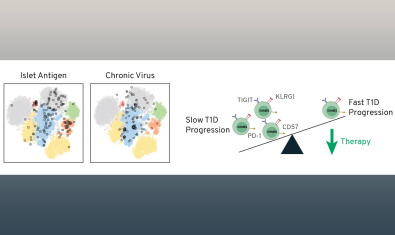
Long Lab
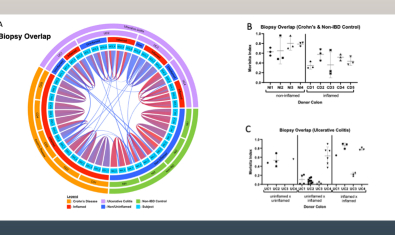
Lord Lab
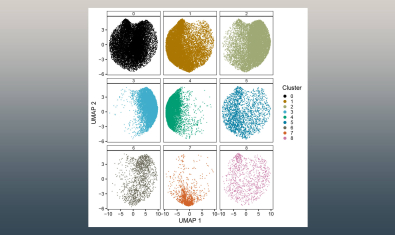
Mikacenic Lab
